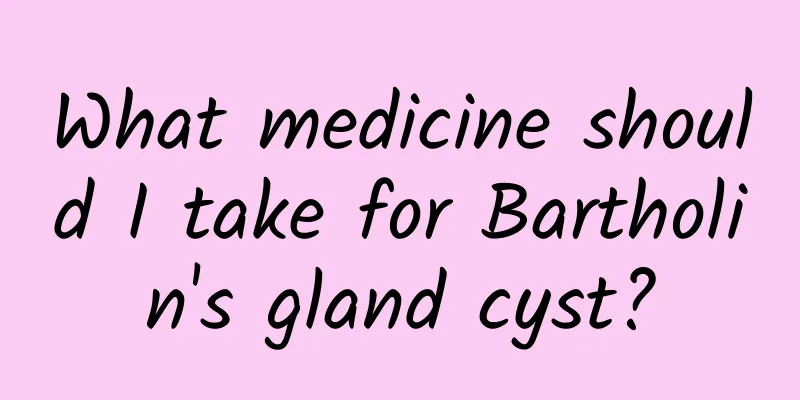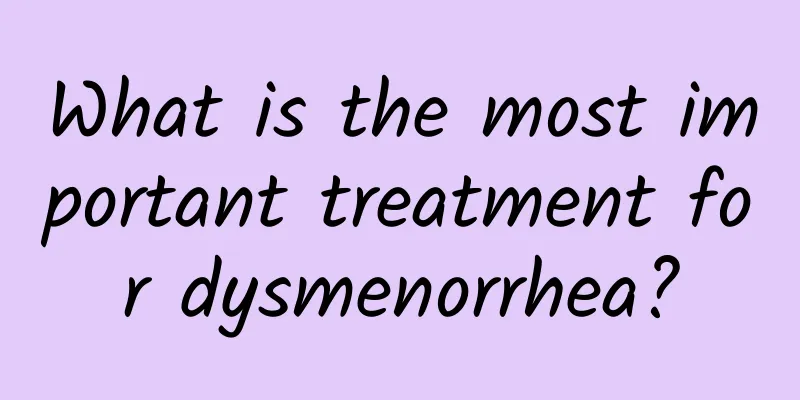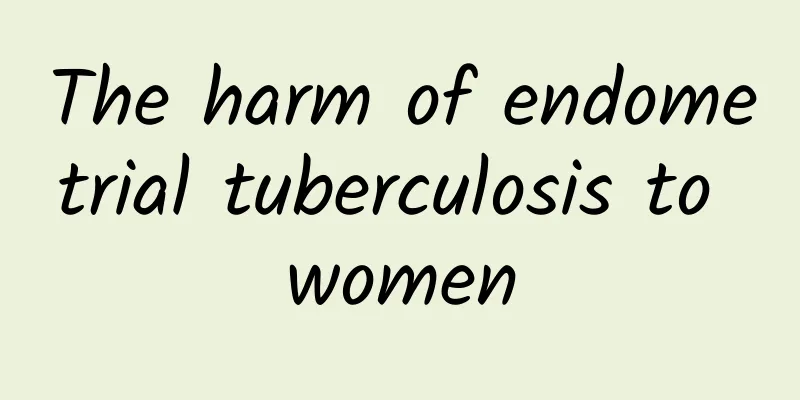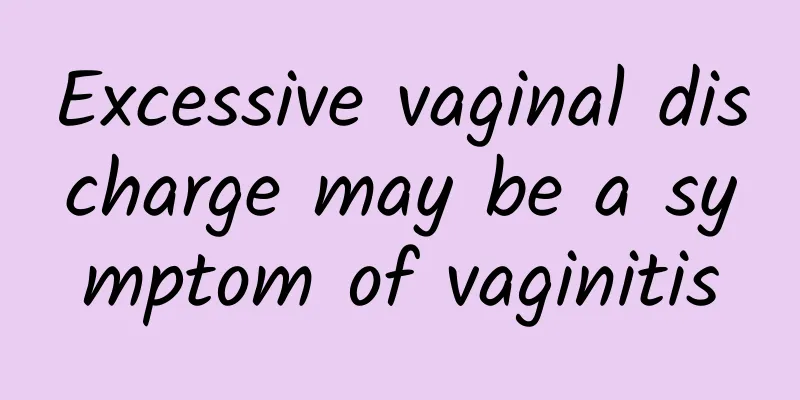What medicine should I take for Bartholin's gland cyst?

|
Bartholin's gland cyst may be a problem that many female friends are reluctant to face, but it is indeed a health problem that needs attention. For Bartholin's gland cyst, many people will ask, what medicine can be taken to effectively treat it? In fact, drug treatment is not the first choice for Bartholin's gland cyst. Usually, doctors will recommend observation or surgical treatment, but in some cases, drugs can assist in treatment. Bartholin's gland cyst is caused by blockage of the Bartholin's gland duct, which prevents the gland secretions from being discharged, eventually forming a cyst. For asymptomatic cysts, medication is usually not required, and only regular observation is required. However, if the cyst becomes infected or causes pain, antibiotics may be used to control the infection. Commonly used antibiotics include penicillins, cephalosporins, etc. Specific medication needs to be based on the doctor's advice. In addition to antibiotics, anti-inflammatory drugs may also play a role in the treatment process. Anti-inflammatory drugs can help reduce inflammatory responses and relieve pain and discomfort. Common anti-inflammatory drugs include ibuprofen, aspirin, etc., but when using them, you should also pay attention to the side effects of the drugs and use them under guidance. In daily life, maintaining good personal hygiene habits is also an important measure to prevent and relieve Bartholin's gland cysts. Paying attention to the cleanliness of the vulva, avoiding the use of strong irritating detergents, and keeping it dry and ventilated are all effective ways to help prevent the formation of cysts. Eating more foods rich in vitamins and minerals, such as fruits and vegetables, can also help improve the body's immunity and reduce the possibility of inflammation. The drug treatment of Bartholin's gland cyst depends on the specific situation, usually antibiotics and anti-inflammatory drugs. But the most important thing is to seek medical attention in time when relevant symptoms appear, and follow the advice of professional doctors to get the most appropriate treatment plan. Maintaining good living habits and dietary structure can also help prevent and relieve cyst problems to a certain extent. I hope this article can provide you with useful information and help. |
<<: What to do if your menstrual period is too much
>>: What to do when menstruation comes
Recommend
How much do you know about the symptoms of vaginitis?
How much do you know about the symptoms of vagini...
Is endometriosis infertility easy to treat?
Endometriosis is a disease that troubles many wom...
Four detailed points in the diet for cervical erosion
Cervical erosion is the most common gynecological...
Does excessive menstrual blood clots indicate uterine fibroids?
Does excessive menstrual blood clots indicate ute...
What are the symptoms of pelvic inflammatory disease in women
What are the symptoms of pelvic inflammatory dise...
What are the effects of uterine fibroids growing after pregnancy?
Many women will find the presence of uterine fibr...
What should be paid attention to in uterine fibroid surgery? What are the types of uterine fibroids?
It is necessary to master the precautions of uter...
Several common early symptoms of ectopic pregnancy
Among gynecological diseases, ectopic pregnancy i...
How long can you live with cervical precancerous lesions?
Regular follow-up after surgery, currently using ...
Is miscarriage hereditary? Try to avoid miscarriage
Abortion is not a hereditary disease and will not...
Can right ovarian polycystic disease be cured?
Right ovarian polycystic disease is now common in...
Peter Ho shows off his mermaid line and advocates healthy waist measurement
Peter Ho, a popular star with a handsome face, pe...
Detailed introduction to the early symptoms of chronic pelvic inflammatory disease
If chronic pelvic inflammatory disease is serious...
What causes endometrial fibroids to grow? What causes endometrial fibroids to grow?
What causes endometrial fibroids to grow? What ca...
How should you recover after an abortion? There are 7 major dangers of an abortion that you should know
Nowadays, the number of cases of painless abortio...









